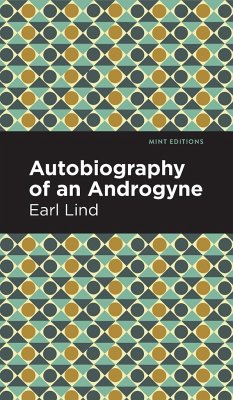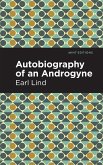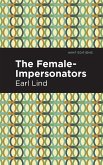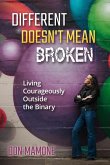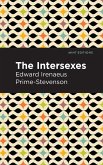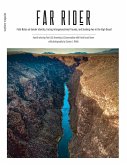Earl Lind's 1918 autobiography has been recognized as a pioneering work in the history of transgender literature. Throughout his life, Lind was forced to justify and defend his existence from puritanical authorities. In the first of his trilogy of autobiographical works, he not only demands recognition, but exposes the denial of his existence as nothing but hatred and fear. "Androgynes have of course existed in all ages of history and among all races. In Greek and Latin authors there are many references to them, but these references are not always understood except by the few scholars who are themselves androgynes or at least passive sexual inverts. […] [T]hese men-women, because misunderstood, have been held in great abomination both in the middle ages and in modern times, but the prejudice against them was not so extreme in antiquity, and a cultured citizen having this nature did not then lose caste on this account." Situating his own identity within this history of oppression, Lind makes the case for recognizing the presence of androgynes in all human societies. Ever since he was a child, Lind identified as feminine and was keenly aware of his homosexual desires, gaining a reputation among the local boys and soon turning to girls for friendship and understanding. In a world that saw androgynes as both corrupt and willfully different, Lind sought to increase understanding and to explain through scientific, historical, and personal evidence why his identity was congenital, and therefore natural. This edition of Earl Lind's Autobiography of an Androgyne is a classic work of transgender literature reimagined for modern readers. Since our inception in 2020, Mint Editions has kept sustainability and innovation at the forefront of our mission. Each and every Mint Edition title gets a fresh, professionally typeset manuscript and a dazzling new cover, all while maintaining the integrity of the original book. With thousands of titles in our collection, we aim to spotlight diverse public domain works to help them find modern audiences. Mint Editions celebrates a breadth of literary works, curated from both canonical and overlooked classics from writers around the globe.
Hinweis: Dieser Artikel kann nur an eine deutsche Lieferadresse ausgeliefert werden.
Hinweis: Dieser Artikel kann nur an eine deutsche Lieferadresse ausgeliefert werden.

